Marketing is geen kunst. Het is een systeem.
Reality Check analyseert je volledige sales & marketing keten.
In 90 dagen ben je op koers.
Geen campagnes zonder kompas.
De logica achter groei, zodat je weet wat rendeert vóór je beslist wat je doet.
Hoe we beginnen
1
Begrijpen
Readiness Scan · korte intake · fit bepalen
2
Diagnosticeren
Reality Check: feiten i.p.v. aannames
3
Bouwen & Implementeren
Routekaart → systeem → adoptie & optimalisatie
Het CNIP Systeem
Van diagnose naar voorspelbare groei
DIAGNOSE
Reality Check
9 dimensies in kaart
STRATEGIE
Routekaart
Wat eerst, wat later
IMPLEMENTATIE
Systeem bouwen
HubSpot, data, automatisering
SUPPORT & GROEI
Activatie & Optimalisatie
Activatie, dashboards, training
Dit is voor jou als:
-
Je verliest overzicht tussen marketing, sales en data
-
Je wil weten wat rendeert vóór je beslist
-
Je wil van losse acties naar een systeem
-
Je beslist op feiten, niet op buikgevoel
Onze expertise & partnerships
HubSpot Gold Partner
Cambridge Digital Transformation Certification
25+ jaar B2B-ervaring
50+ bedrijven begeleid
Sinds 2002 werkten we met bedrijven in branding, video en marketing. Enkele voorbeelden:




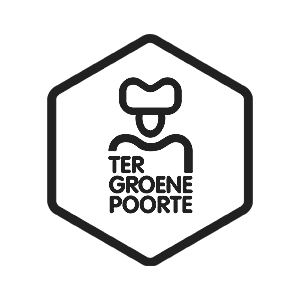




Nog twijfels?
Doe de Readiness Scan (5 min)


